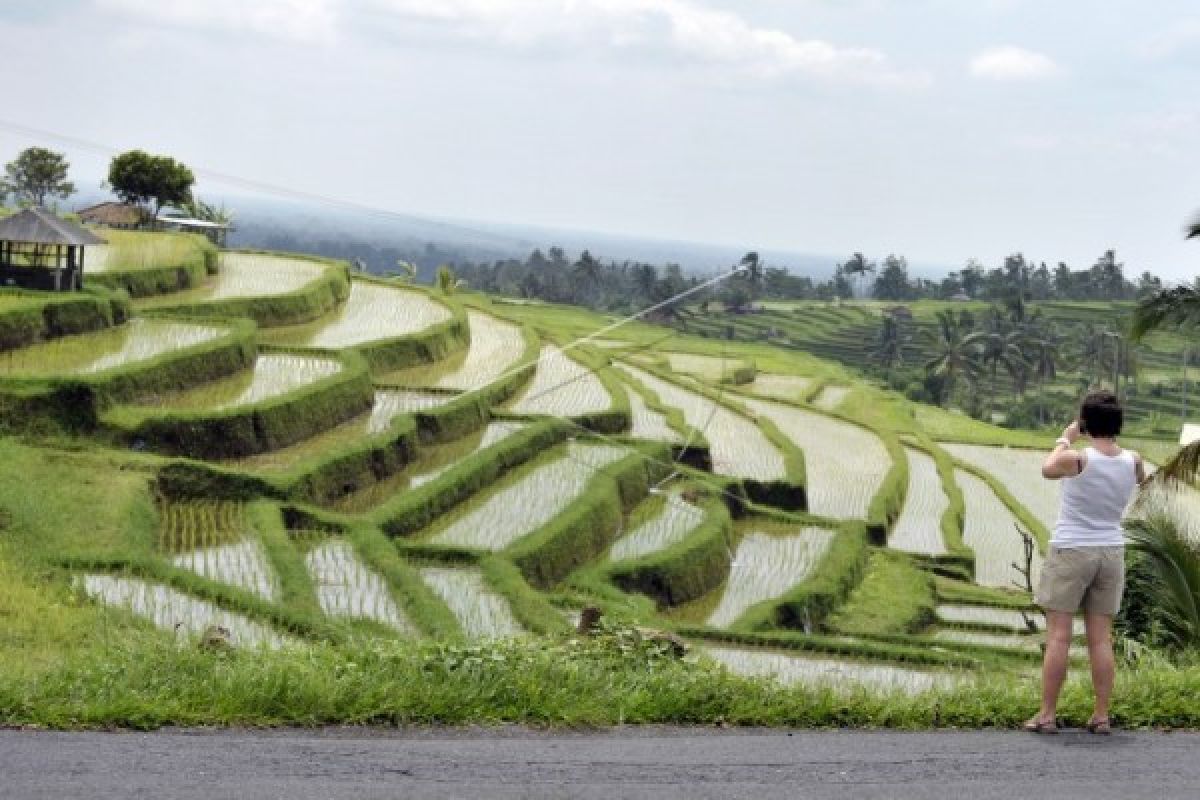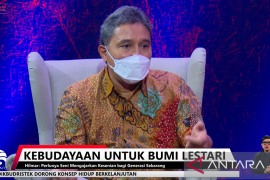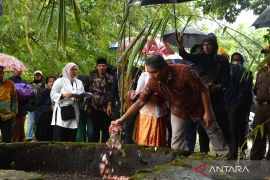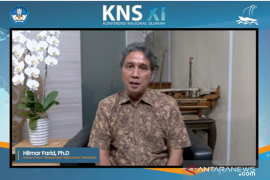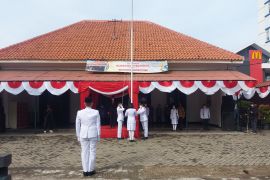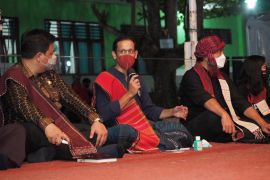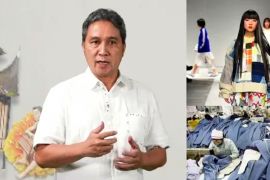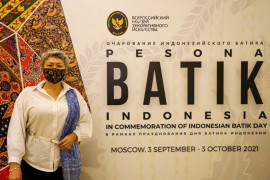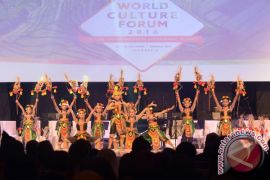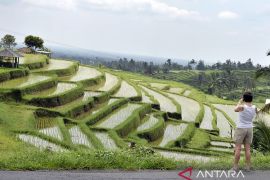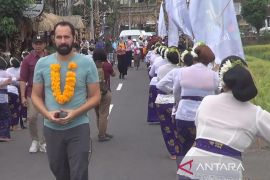Thoughts like these will ultimately allow Subak to become neglected."Denpasar (ANTARA News) - The World Cultural Forum 2016 (WCF 2016), held in Nusa Dua, Bali, commenced on Oct. 10, with participants visiting the Subak area to see the Balinese traditional irrigation system in Jatiluwih, Tabanan District.
In conformity with the WCF 2016 theme, "Culture for an Inclusive Sustainable Planet," the visit to the Subak area aimed to help WCF participants understand the cultural development phase in Bali.
The visit began with a trip to the Batukaru temple to witness the holy water invocation ritual, which was followed by an interactive dialogue session with Balinese Paddy Field Conservation Foundation Director Phyllis Kaplan and a lecturer from the international relations department of Udhayana University, Wiwik Dharmiasih.
In the interactive dialogue, Kaplan stressed the importance of the irrigation system for the survival of mankind.
"The Balinese Paddy Field Conservation Foundation has developed the Economic Development with the Farmers Program to encourage farmers to produce organic products. The program aims to develop and conserve the Subak traditional irrigation system, so that farmers can continue to benefit from the system, which was established by their ancestors," she explained.
Dharmiasih said Subak was an important asset in Bali, one that must not only be maintained but also preserved for its continuity.
"In this modern era, there are many farmers who advise their grandchildren not to become farmers but to become doctors or follow other occupations instead. Thoughts like these will ultimately allow Subak to become neglected," she noted.
The infrastructure development of paddy fields will help spur society to start farming and producing their own products without having to import goods from other countries, she added.
Subak is the Balinese term for a water irrigation system, which was formed to irrigate rice fields in the village.
Like other traditional organizations in Bali, Subak is also based on Tri Hita Karana, a philosophy that teaches that happiness can be achieved if human beings maintain harmonious relations between the three elements of Parhyangan (deity), Pawongan (humans), and Palemahan (Nature).
The participants also gained knowledge from the speakers concerning the obstacles to the survival of the Subak system.
(Uu.O001/INE/KR-BSR/F001)
Editor: Priyambodo RH
Copyright © ANTARA 2016
